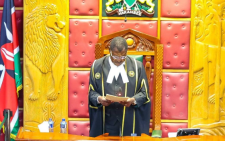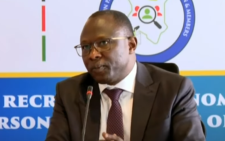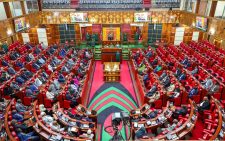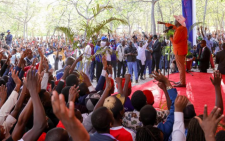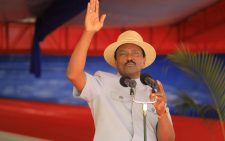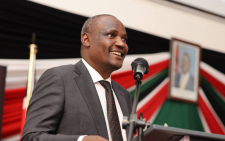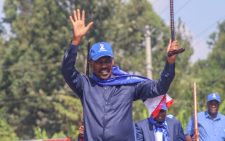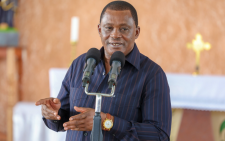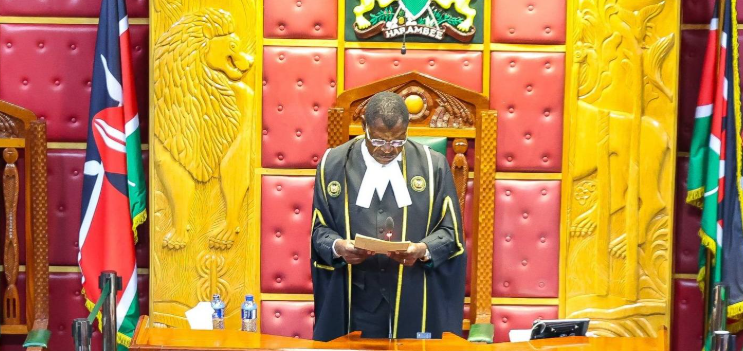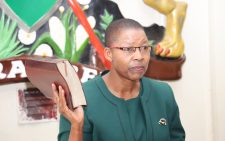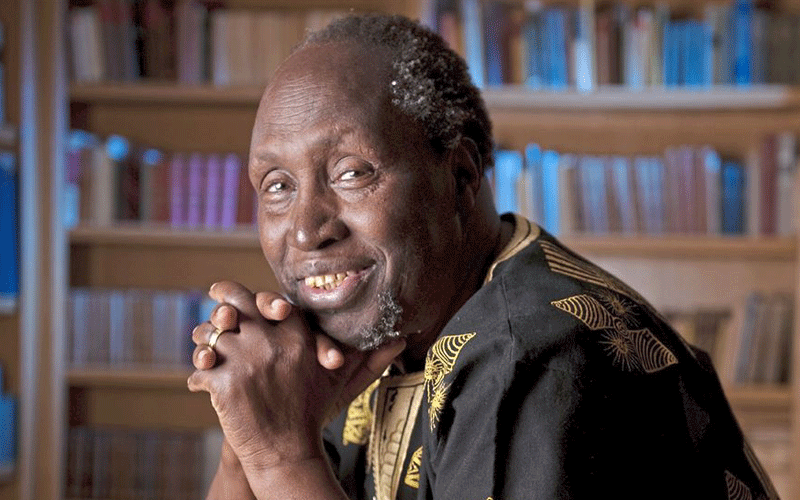Little-known lawyer fells ‘heavyweights’ for IEBC chair
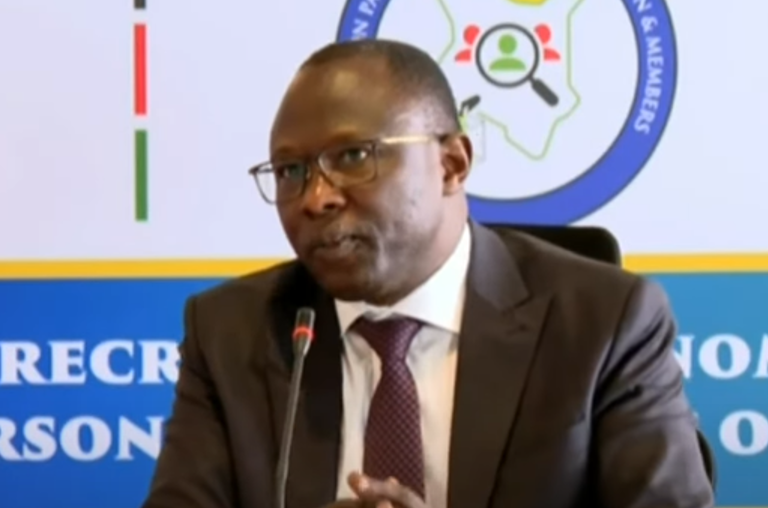
Erastus Edung Ethekon has been nominated to be the new Independent Electoral and Boundaries Commission (IEBC) chairman. President William Ruto’s choice, announced last evening, caught many Kenyans, who had banked their hope on big names who had applied for the top job, by surprise.
Edung, 48, from the minority Turkana community is a lawyer by profession.
Others nominated to be IEBC commissioners are Registrar of Political Parties Anne Njeri Nderitu, Moses Alutalala Mukhwana, Mary Karen Sorobit, former Provincial Commissioner Hassan Noor Hassan, Francis Odhiambo Oduol and Fahima Araphat Abdallah.
Edung and the seven proposed commissioners’ names were forwarded to the National Assembly for consideration and approval.
During the interviews Edung was tasked to explain how he would ensure that people from marginalised communities exercise their democratic vote during the forthcoming elections.
The lawyer acknowledged that members of the marginalised communities are often disenfranchised to participate in an election right from registration, voter education and actual voting.
“The voter turnout during the vote is actually at the lowest. In 1997 and 2002, presidential election results were declared even without factoring in those results from some of those regions, because the numbers were so dismal and could not affect the overall outcome,” Edung had told the committee, telling them he would adopt a rights-based approach to voter registration and education to guide in addressing some of the challenges facing marginalized groups due to their geographical location.
Edung who has also served as a human rights lawyer said that low voter turnout in pastoralist areas is normally caused by drought and insecurity as a result of cattle rustling which he said can be addressed by working closely with county governments and national government agencies.
Previously, Edung told the panel that he had served as a returning officer for the then Electoral Commission of Kenya in 1997 and later as a presiding officer for the IEBC during the 2002 general elections.
He has served his Turkana county as the County Attorney for six years where he explained that his skills in public service were honed especially on matters of procurement.
“…you have to choose either fidelity to the law or you bend the law or you break the law for the benefit of certain things. There are some incidences where the procurement takes place and when it comes to my attention for the legal opinion, I would get this pressure coming from some of those officials saying you know we want this to go this way but I have always maintained that fidelity to the law. I beat that kind of that kind of group through my advisory in writing and to say this is against the law take it or leave it,” he said.
On Wednesday, a public poll finding showed four in every 10 Kenyans preferred former Chief Registrar of the Judiciary, Anne Amadi, to be the next chairperson of IEBC.
A public poll’s findings placed Amadi (with 41 per cent) ahead of three male candidates who were interviewed for the position, including former Commission for the Implementation of the Constitution (CIC) Charles Nyachae with 23 per cent, Edung with 15 per cent and Naivasha Chief Magistrate Abdulqadir Ramadhan with a 12 per cent popularity.
Despite Amadi’s high preference among Kenyans, the survey showed that over half of the Kenyans (56 per cent), viewed Nyachae as the most qualified, had the experience and performance record to lead the electoral body.
Ramadhan followed him with a 40 per cent score, then Edung with 32 per cent while Amadi trailed the pack with a 25 per cent score.
Full in-tray
The findings from research firm Tifa, showed that three out of 10 Kenyans (30 per cent) were aware of the candidacy of Amadi for IEBC chairperson, followed by Nyachae (11 per cent), with almost none able to name the other two candidates.
If approved by Parliament, it will be a full in-tray for the new commissioners as they assume office, which has been vacant since the exit of the former Chairman Wafula Chebukati team in January 2023 after their term ended.
Apart from preparation for the 2027 elections, the new commission will grapple with conducting by-elections in electoral areas, some of which have been vacant for two years.
The new team will also be required to hold a referendum over two critical issues, including the boundary review for electoral areas and amendment of the constitution, for among other reasons rearrangement of the executive and creation of an official opposition office as stipulated in the National Dialogue Committee (Nadco) report.
Queries have been raised about the ability of the commission to undertake all these exercises in under two years without compromising on the 2027 polls, given that some of the processes may attract court cases, which further delay their realisation.
The constitution provides that replacement of IEBC commissioners should start six months before the term of the current team lapses, and the incoming team must be in office for two years before the next general elections.
